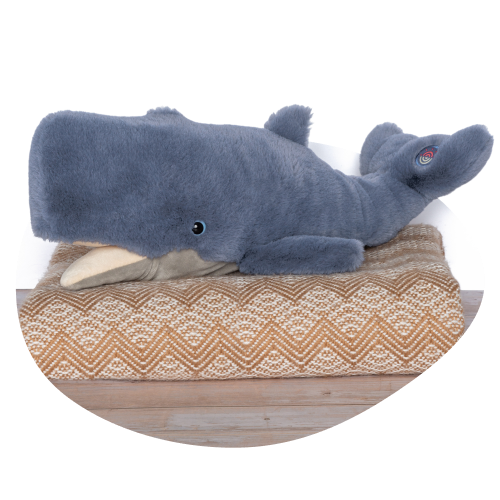
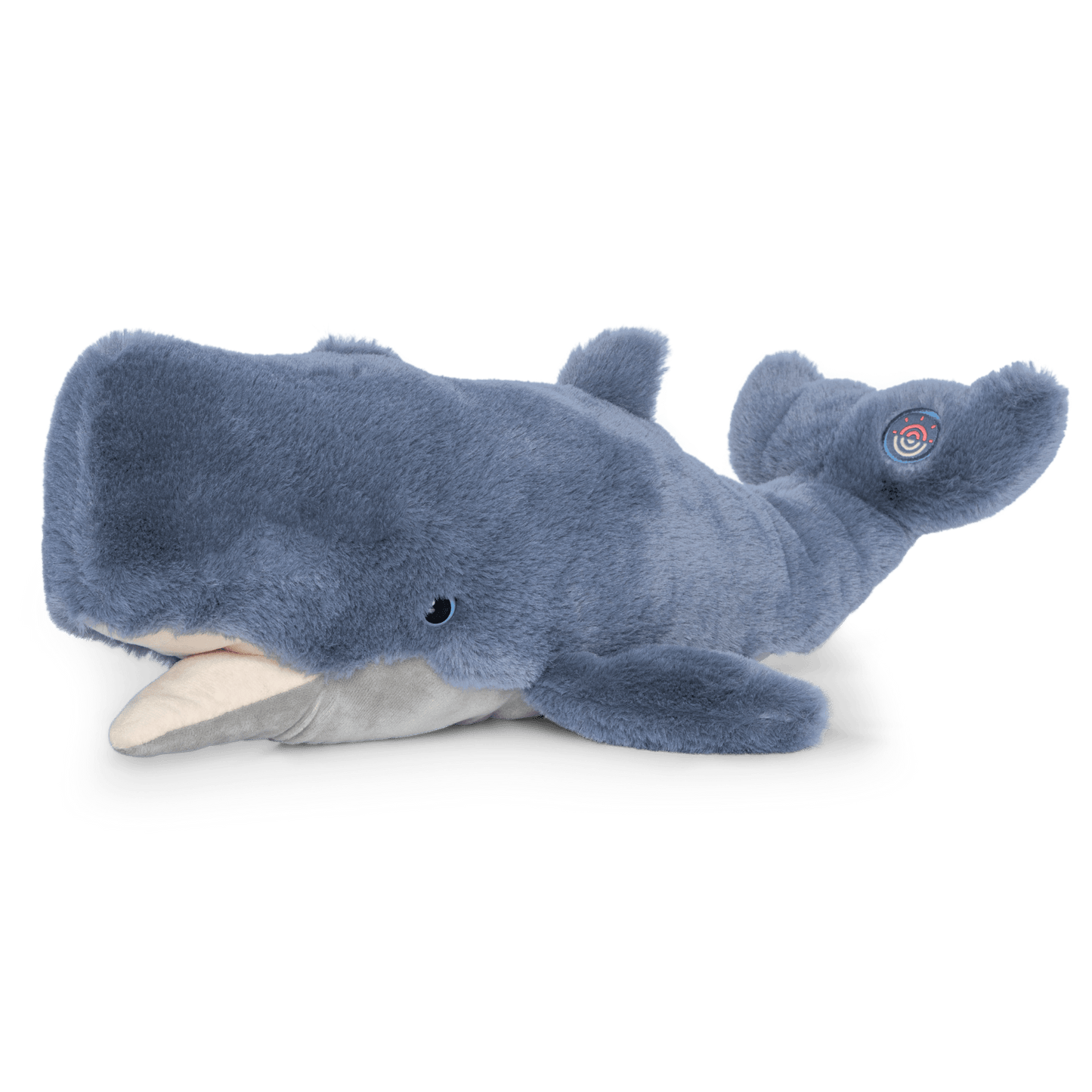
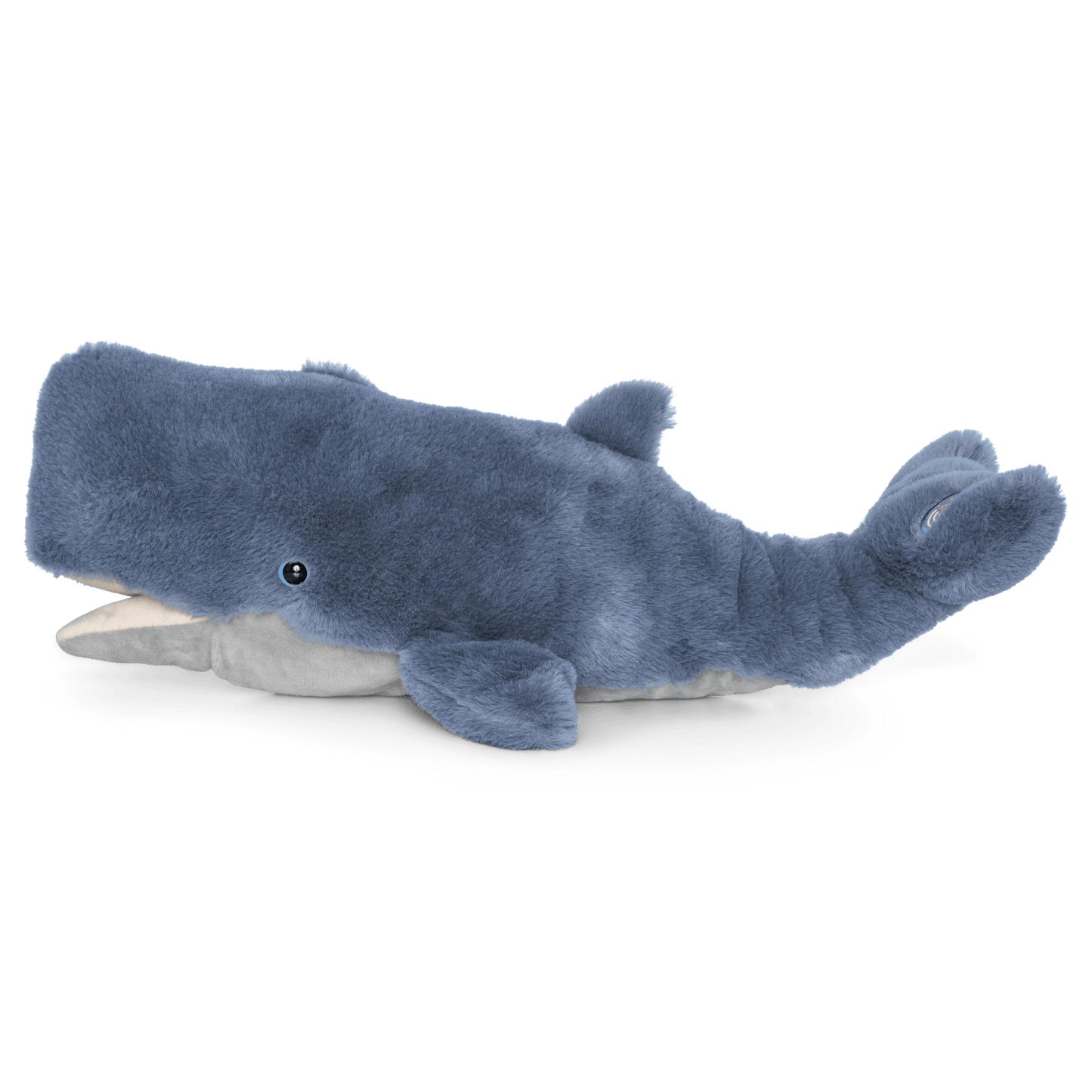
Each Plush Comes
With A Real Whale To Track
Each Plush Comes
With A Real Whale
To Track
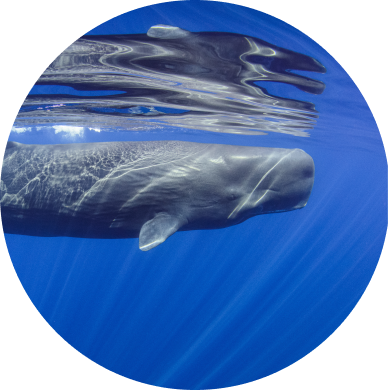
Meet your whale and learn their story
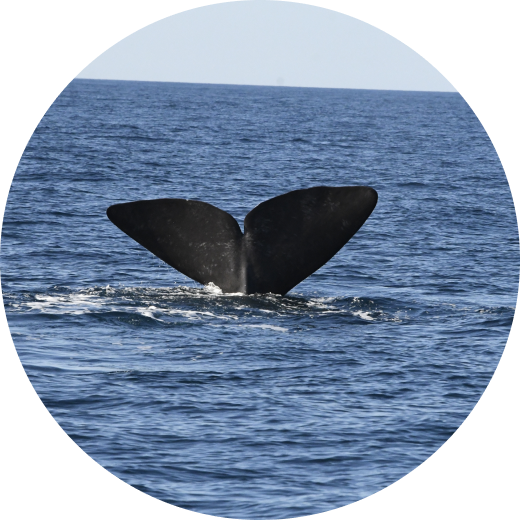
Reveal exclusive stats, photos, and updates along the way
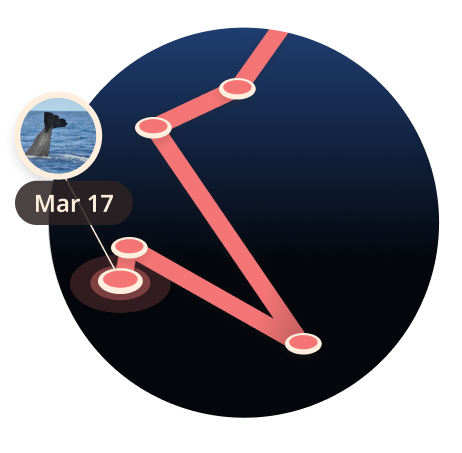
Follow their journey on a 3D tracking map

In partnership with FIU Marine Mammal Ecology Lab
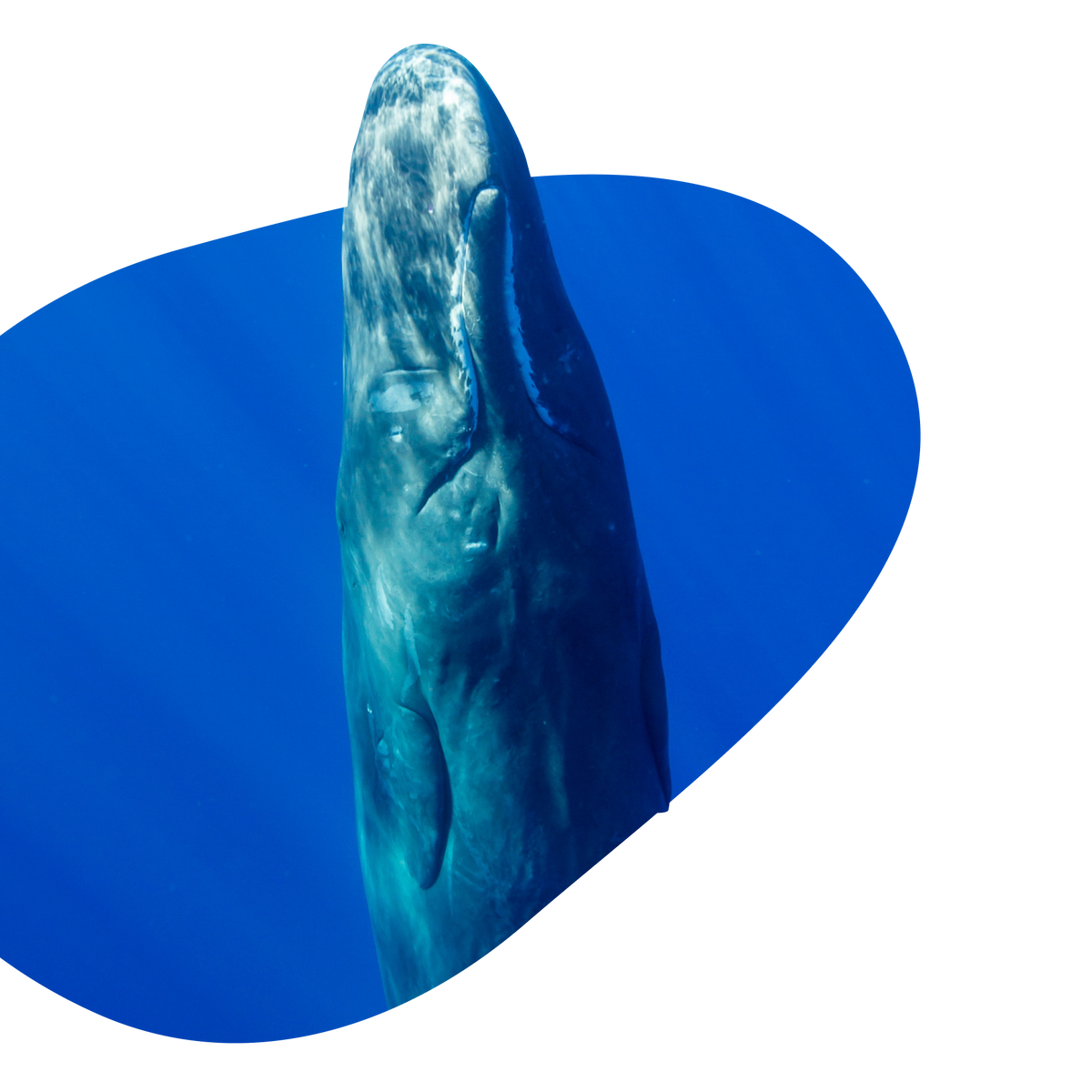
Made in partnership with FIU Marine Mammal Ecology Lab to protect whales and the ocean ecosystems they call home. Your purchase helps Fahlo further their mission alongside community education and awareness efforts.
One Small Plush.
One Big Mission.
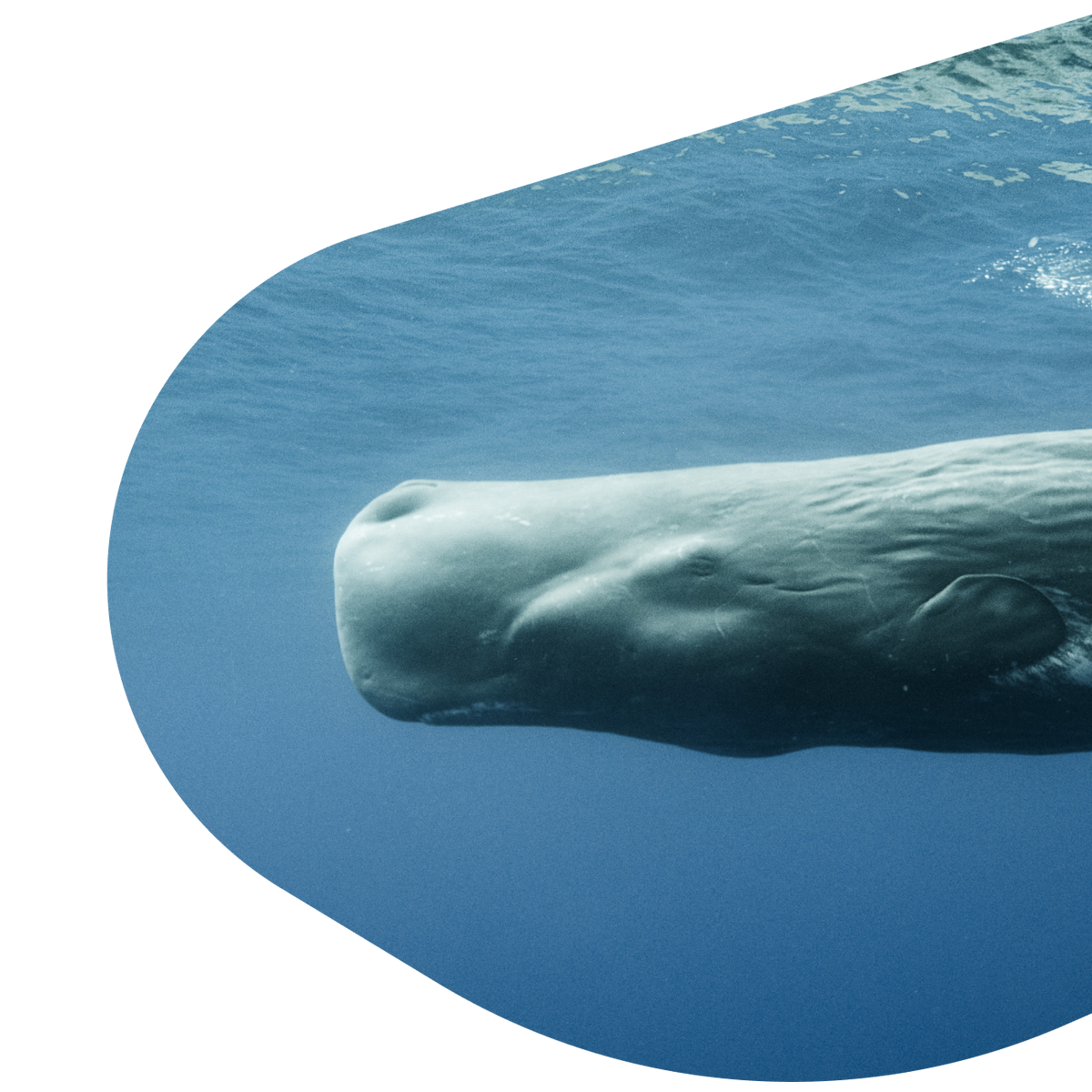
Common Questions
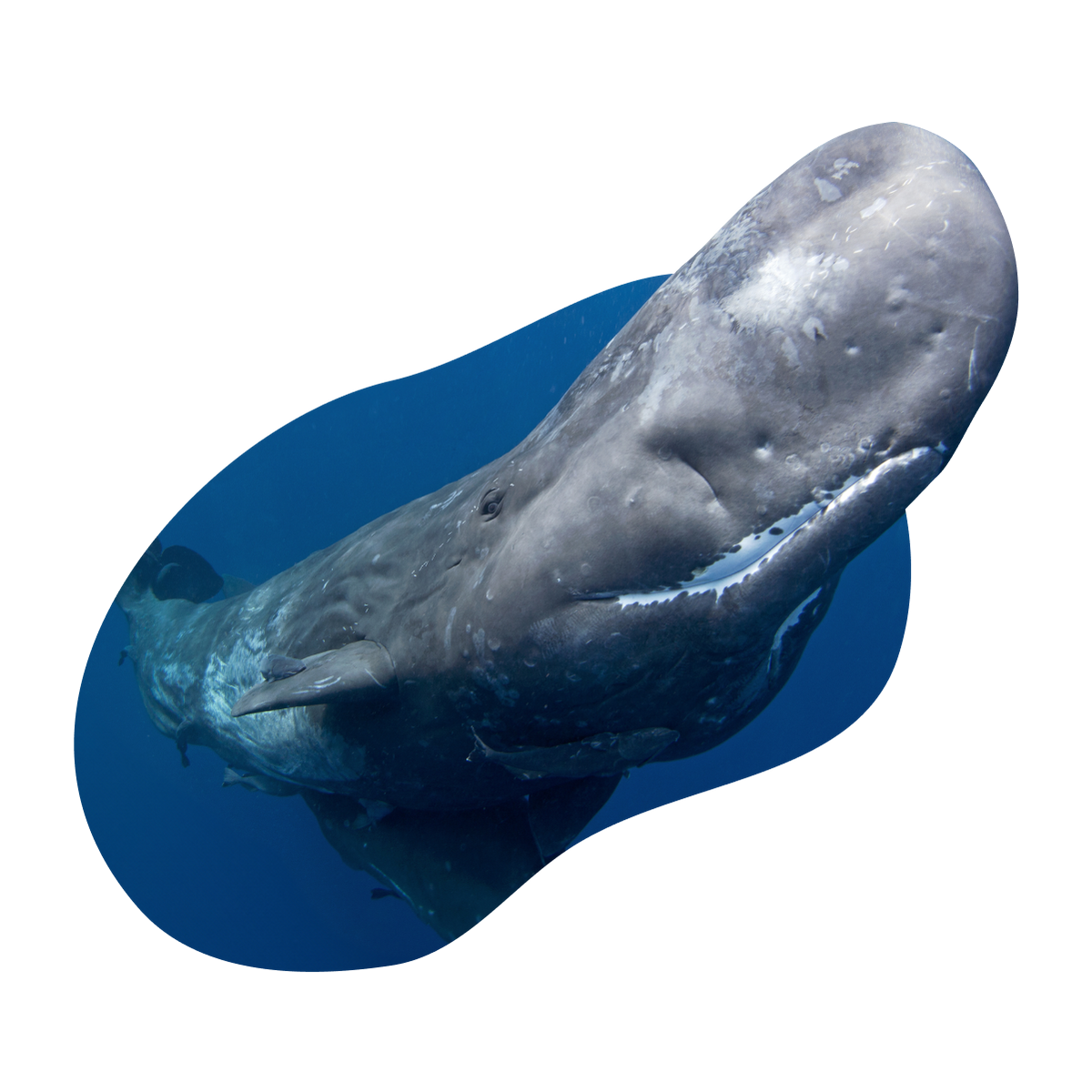
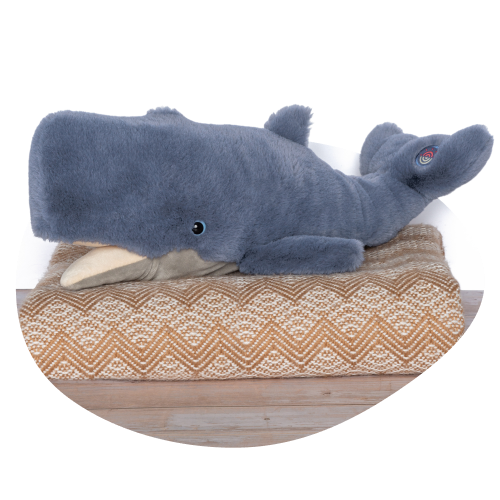
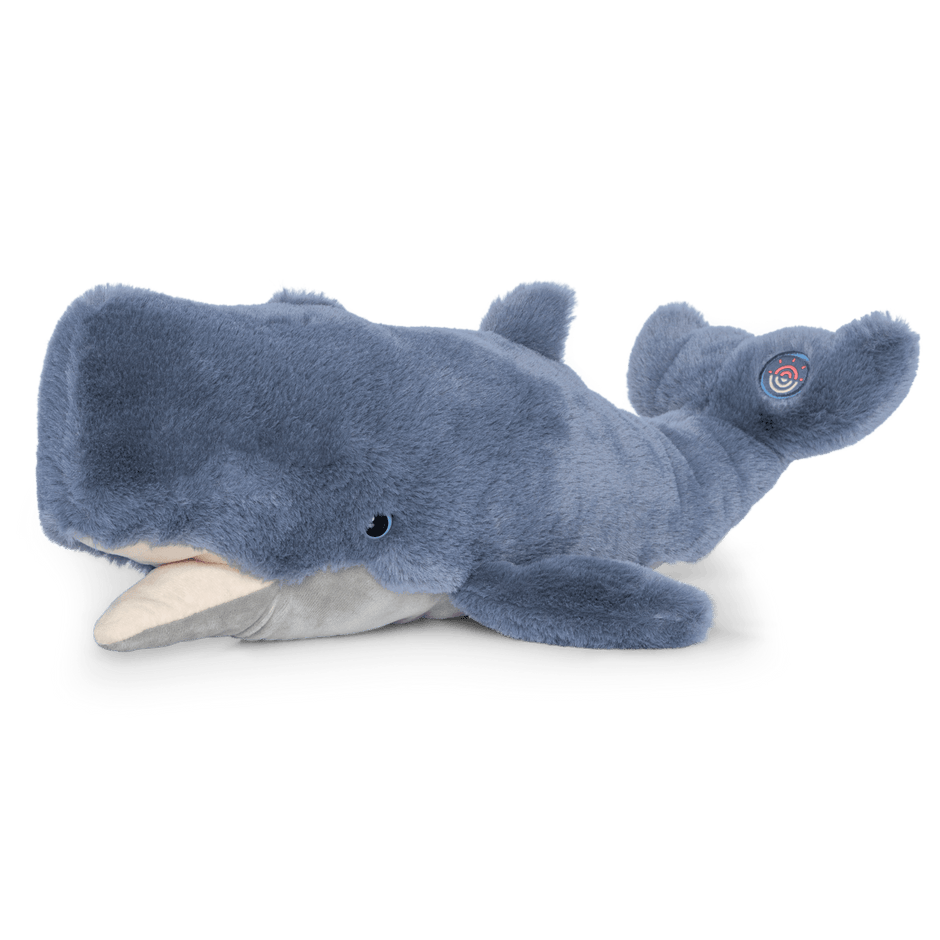
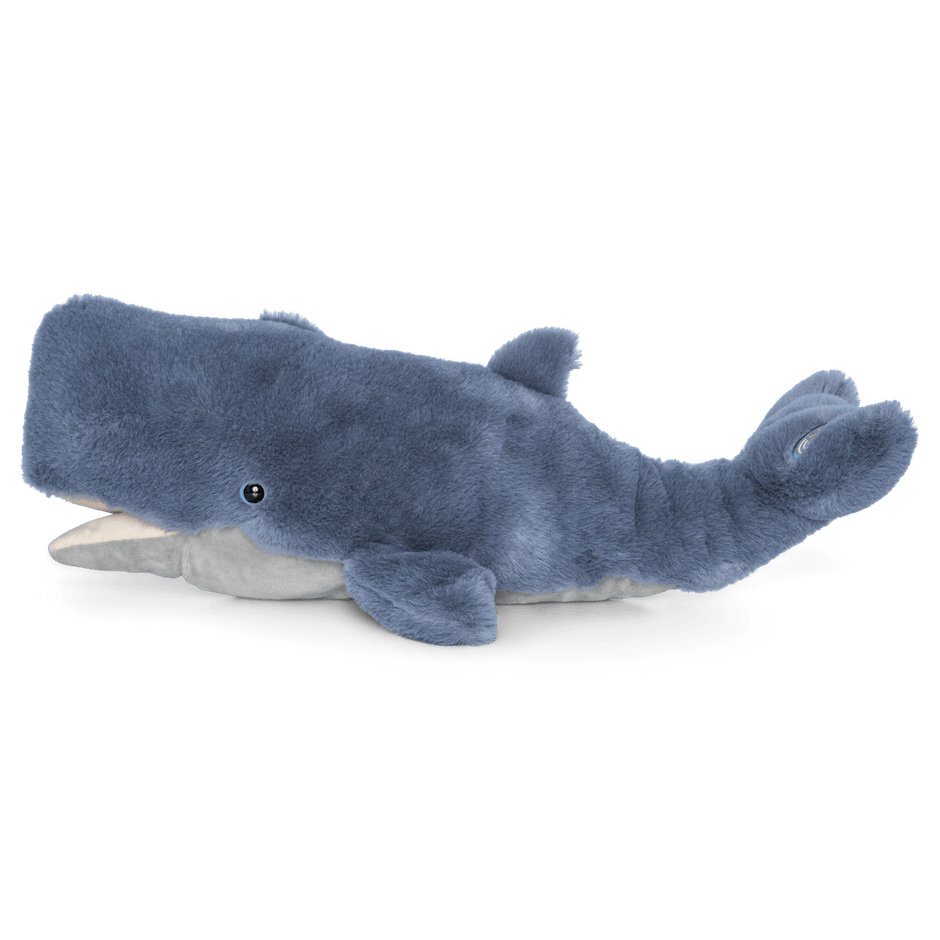
 This animal’s safety guarded with the Fahlo Protection Ping™
This animal’s safety guarded with the Fahlo Protection Ping™ Add 2 or more plush for free shipping
Add 2 or more plush for free shipping Fahlo donates 10% of all profits to our nonprofit partners
Fahlo donates 10% of all profits to our nonprofit partners 100% eco-friendly: made from recycled water bottles
100% eco-friendly: made from recycled water bottles Huggable for all ages
Huggable for all ages Size: 17"
Size: 17" SSL Secure Checkout
SSL Secure Checkout Dedicated Customer Service
Dedicated Customer Service 100% Happiness Guarantee
100% Happiness Guarantee